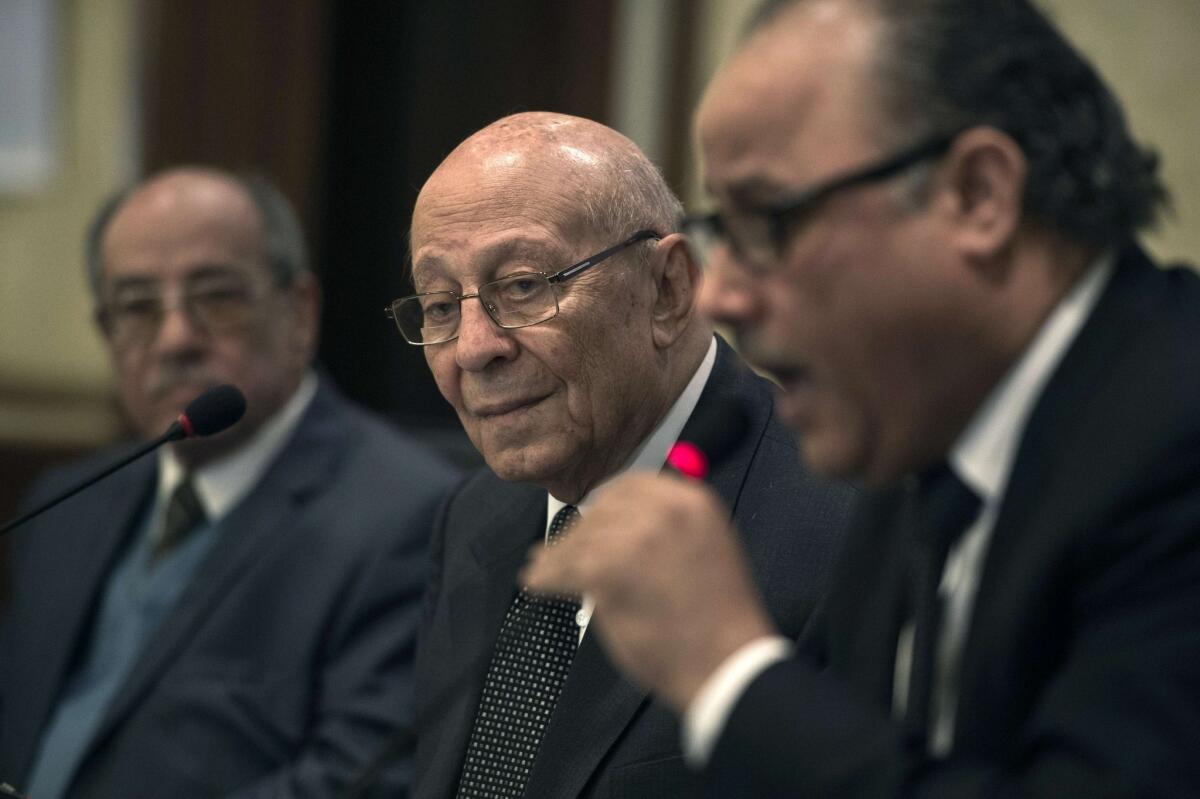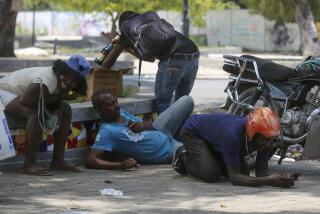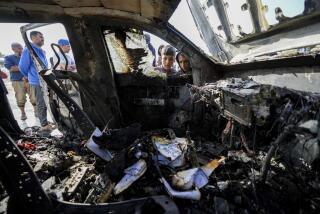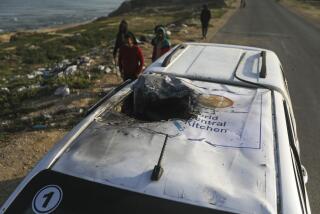Egyptian report blames both Islamists, security forces for violence

CAIRO — A state-appointed human rights panel on Monday blamed both sides for the deadly violence seven months ago when security forces broke up protest camps set up by supporters of ousted Egyptian President Mohamed Morsi.
The National Council for Human Rights, releasing its findings at a news conference, said it had confirmed the deaths of 632 people, most of them protesters. Egyptian and international human rights groups have put the toll over several days in mid-August at nearly double that.
The confrontation at Cairo’s Rabaa al Adawiya mosque complex and square also left nearly 1,500 people injured, the group said in its report.
The report suggests that the violence broke out when “armed elements” in the camp opened fire, killing a police officer. It also says some of those taking part in the sit-in fired on police with live ammunition.
However, the report also cites excessive use of force by police and soldiers. It says that although security forces warned that the area was about to be stormed, they had not provided an escape route for thousands of peaceful protesters wanting to flee.
In an unusual move for a state-affiliated body, the group showed graphic footage at its news conference that included horrific episodes of violence against both protesters and police. Until now, the military-backed interim government that succeeded Morsi had refused to acknowledge that innocent people might have been killed by security forces at Rabaa.
Some of the bloody video released included images of the daughter of a leader of Morsi’s Muslim Brotherhood being shot in the head, and footage of protesters burned alive in their tents. Attacks against police were depicted as well.
Human rights lawyer and panel member Nasser Amin said the report should be the basis for an independent judicial investigation. “No one can come out with certain facts without that,” he said.
The Rabaa sit-in, which began last June 28, continued for more than six weeks before authorities moved to break it up. Morsi was toppled July 3.
Hassan is a special correspondent.
More to Read
Start your day right
Sign up for Essential California for news, features and recommendations from the L.A. Times and beyond in your inbox six days a week.
You may occasionally receive promotional content from the Los Angeles Times.






